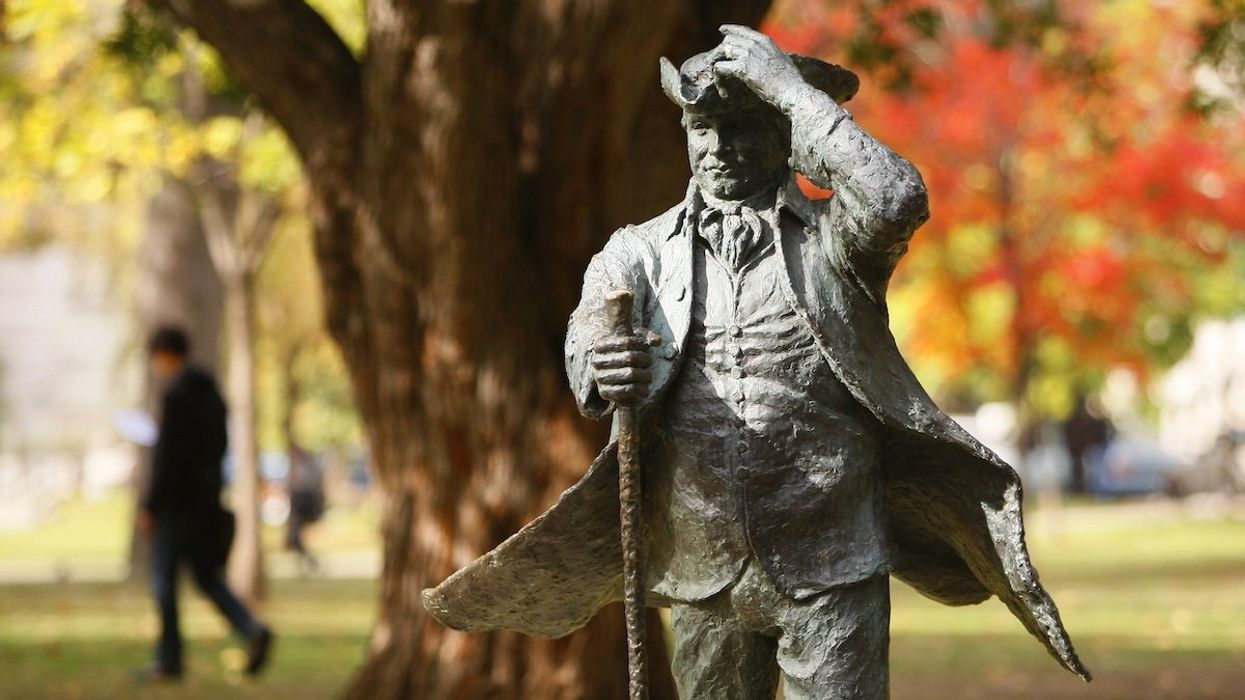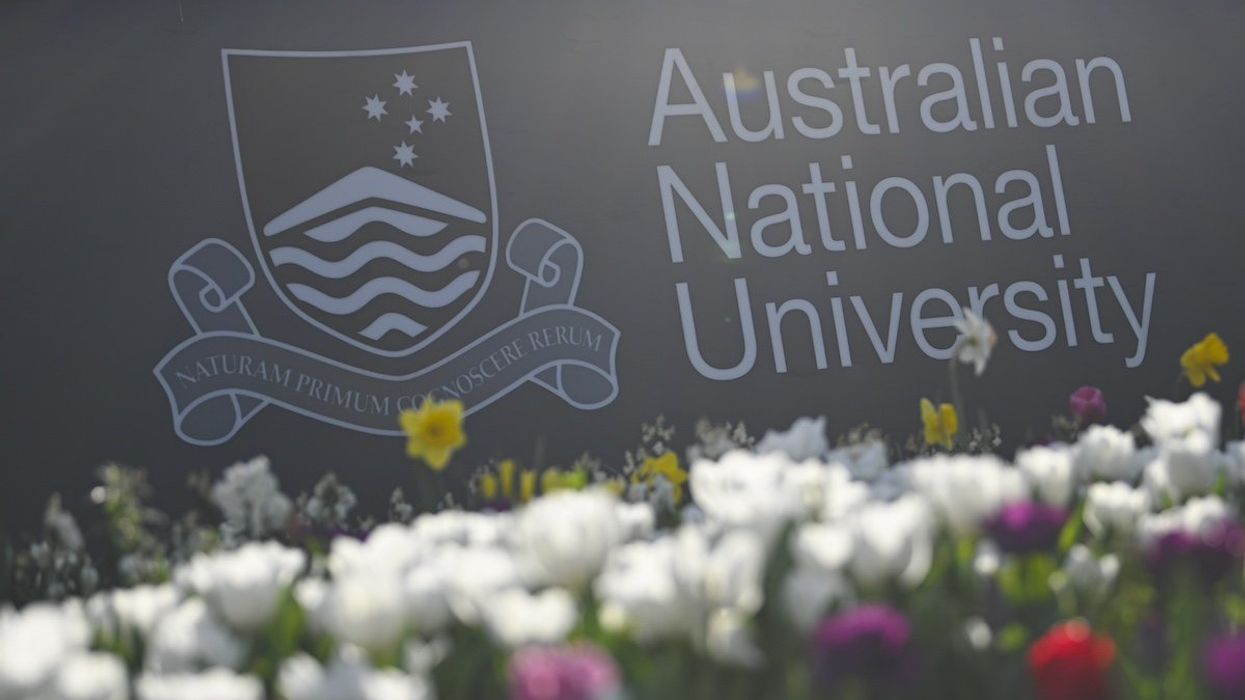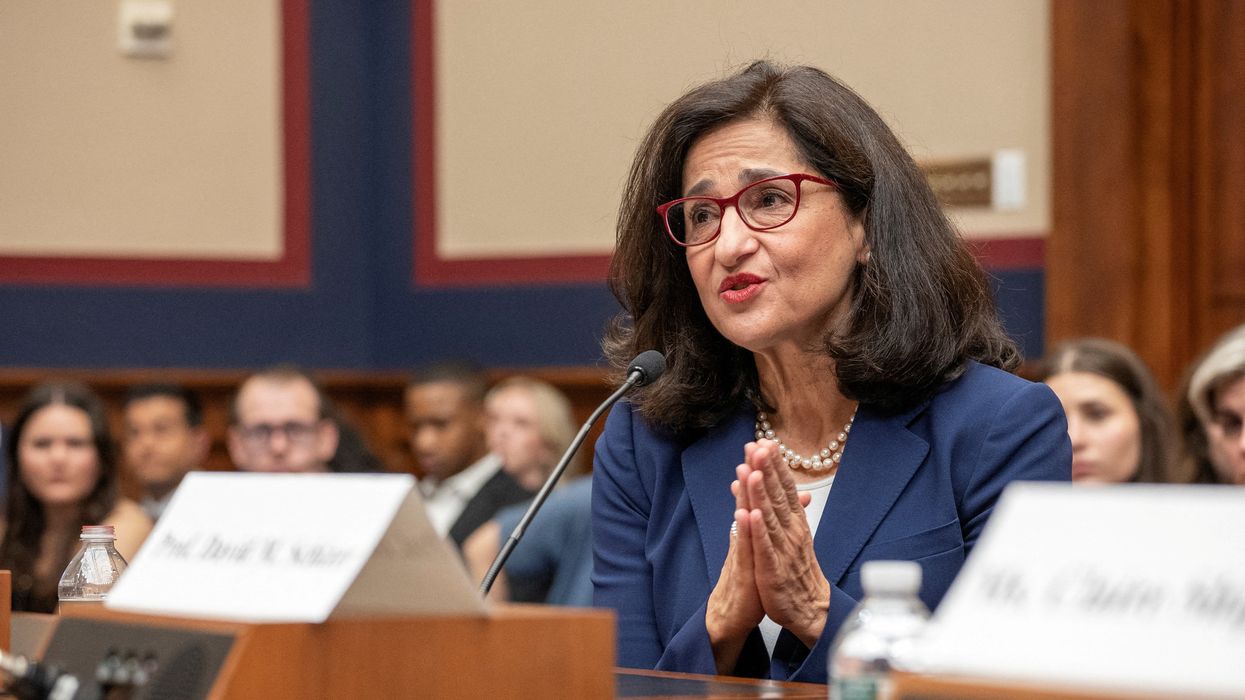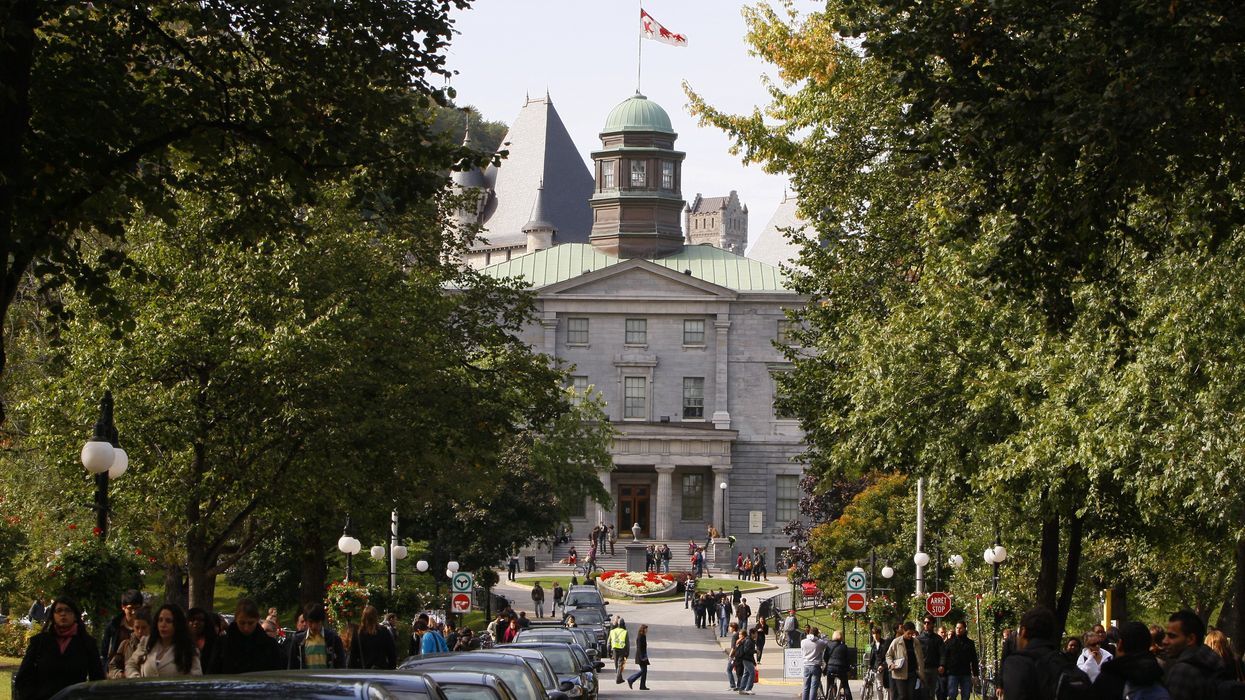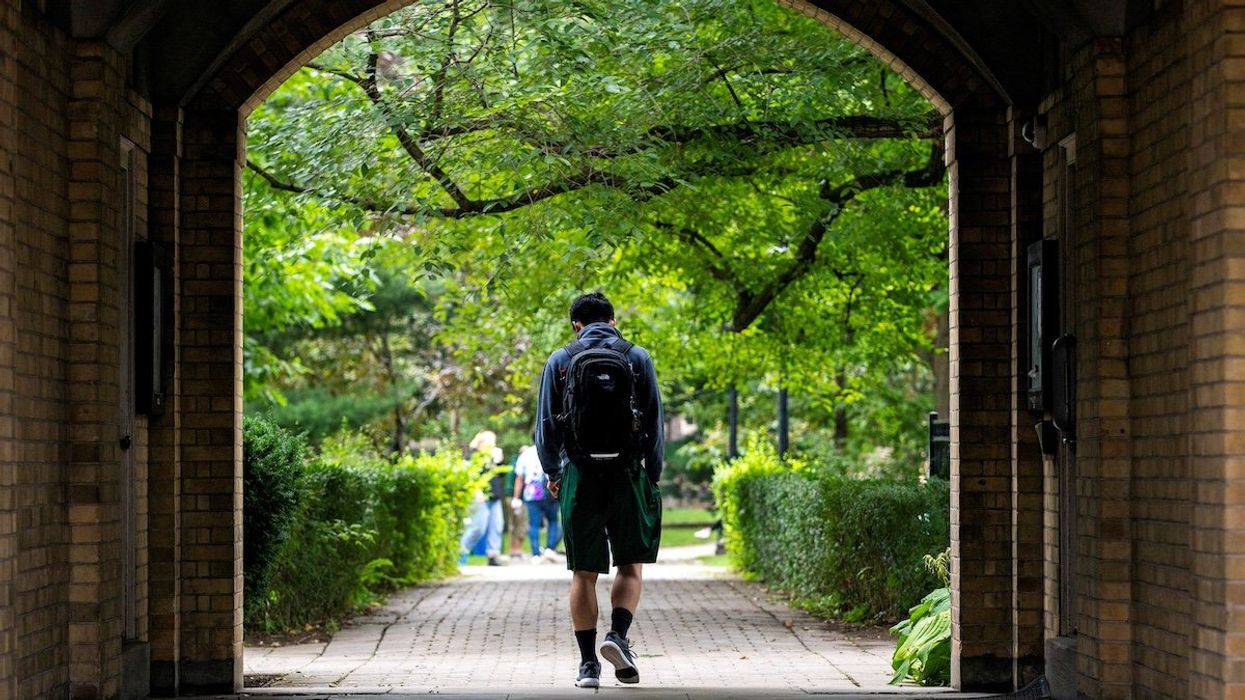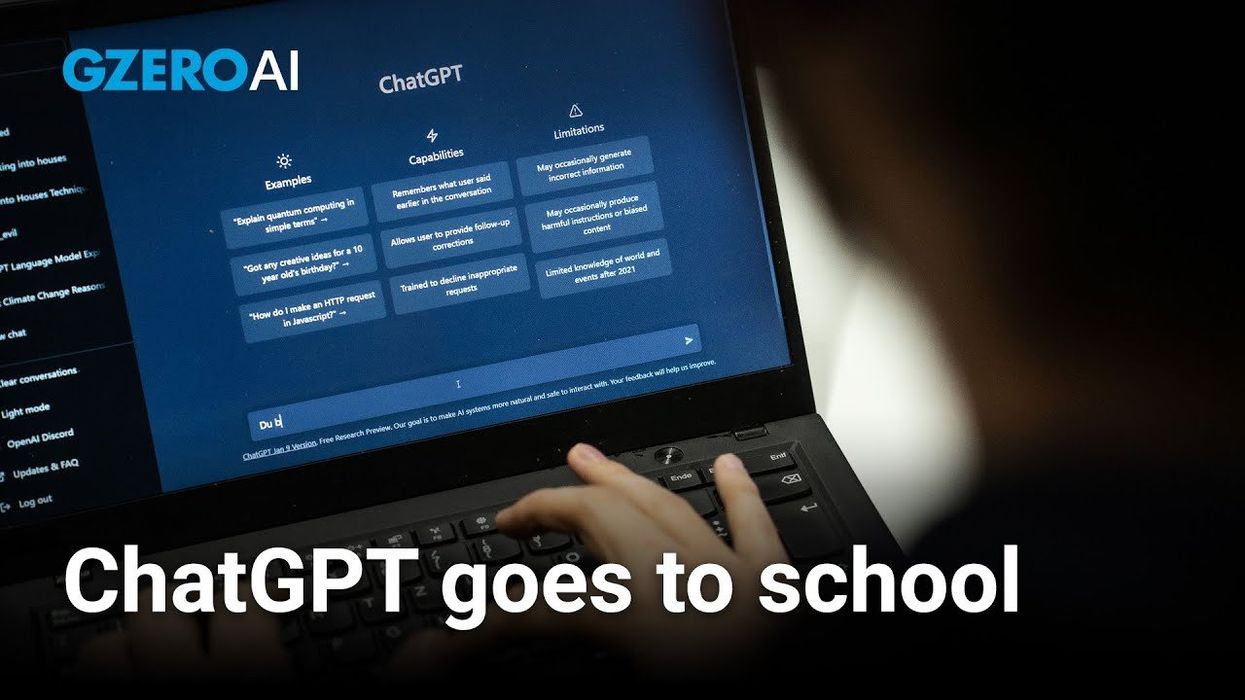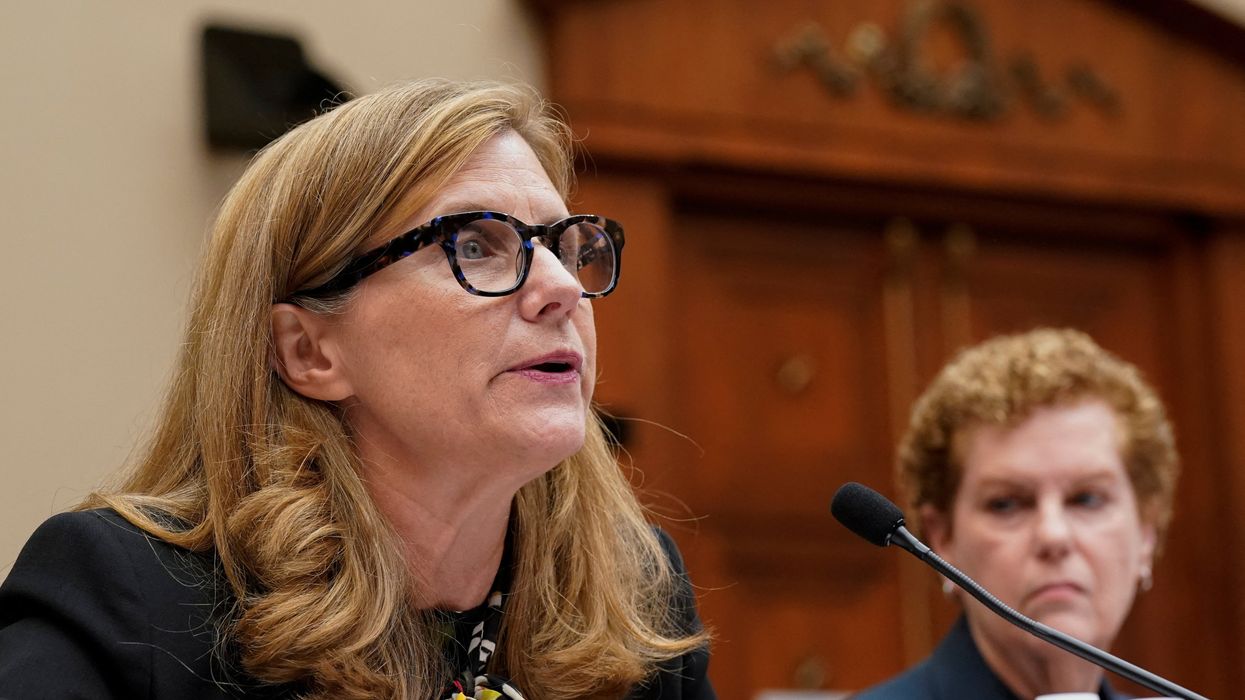Quick Take
Inside the Harvard-Trump showdown
Ian Bremmer's Quick Take: The Trump administration wants to decide who teaches and what gets taught at Harvard. What could possibly go wrong? Ian Bremmer talks with Harvard Kennedy School professor Stephen Walt about what’s at stake on Quick Take.
Apr 21, 2025

